The Bema Seat at Corinth
Our Israel/Greece tour was canceled due to the coronavirus. We have postponed it to November 4-18, 2020. For each day that we would have been traveling, we will post an article about where we would have been traveling that day. Today we would have been visiting Corinth in Greece.
Corinth is well known from the two letters of Paul in the New Testament, 1 and 2 Corinthians. Corinth is also mentioned in Acts as part of Paul’s missionary travels. Ancient Corinth was one of the largest and most important cities of Greece, with a population of 90,000 in 400 BC. The Romans demolished Corinth in 146 BC, built a new city in its place in 44 BC, and later made it the provincial capital of Greece.
Corinth is mentioned many times in the New Testament, largely in connection with Paul's mission there, testifying to the success of Caesar's re-founding of the city. Traditionally, the Church of Corinth is believed to have been founded by Paul.
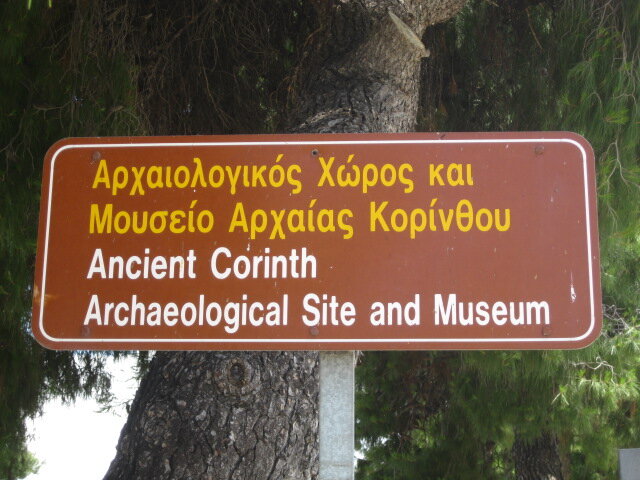
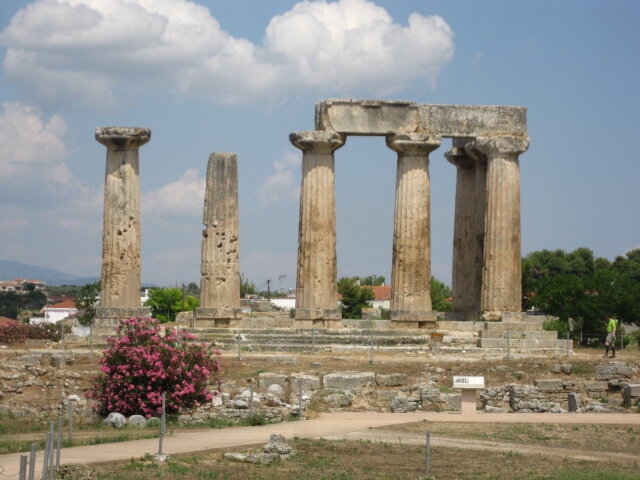
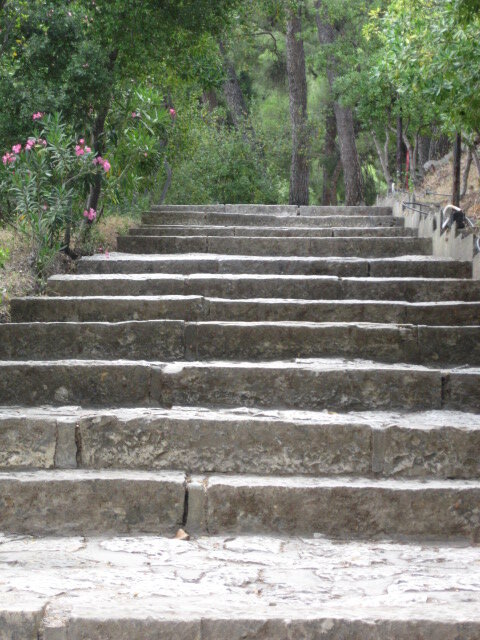
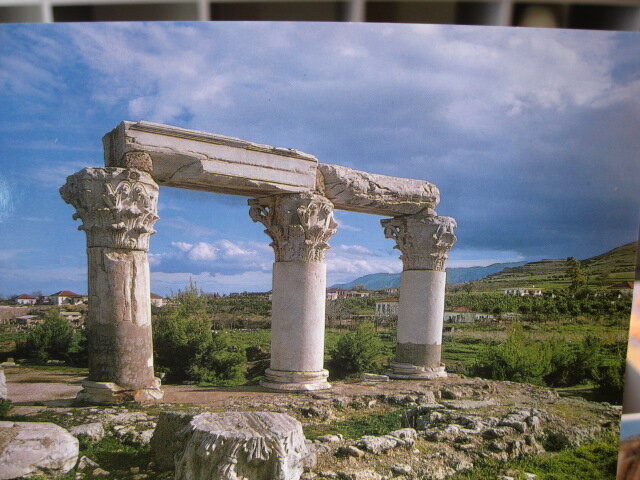
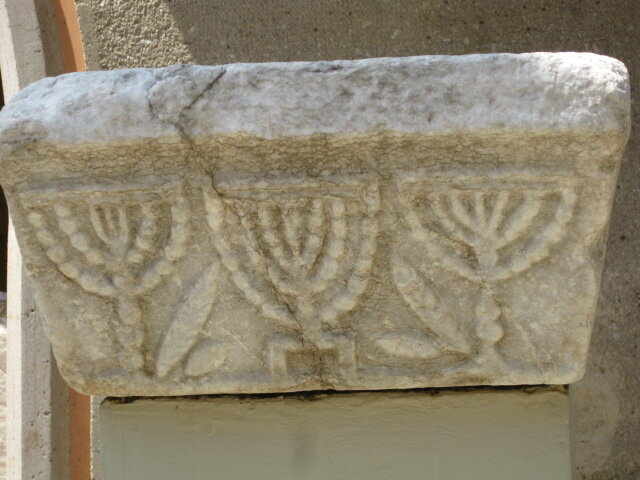
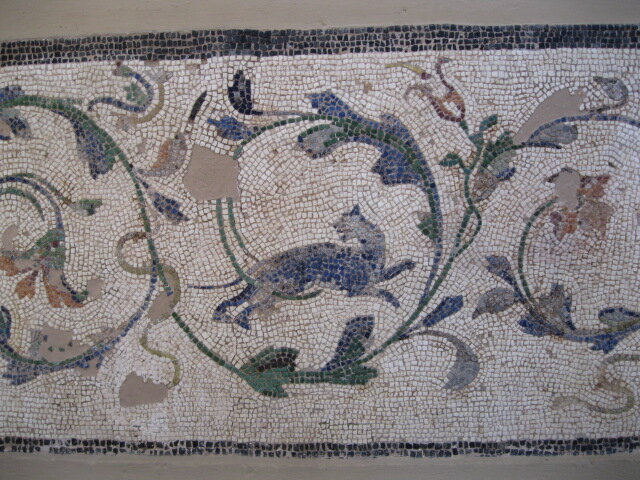
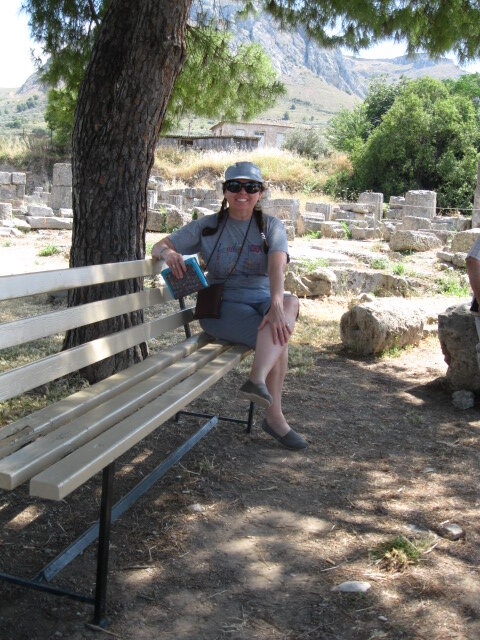
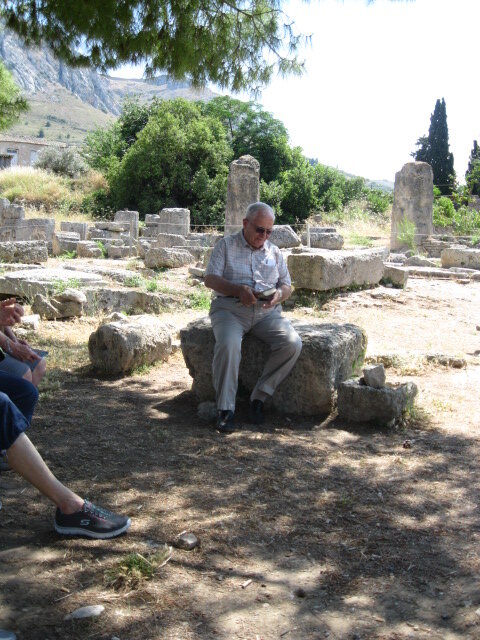
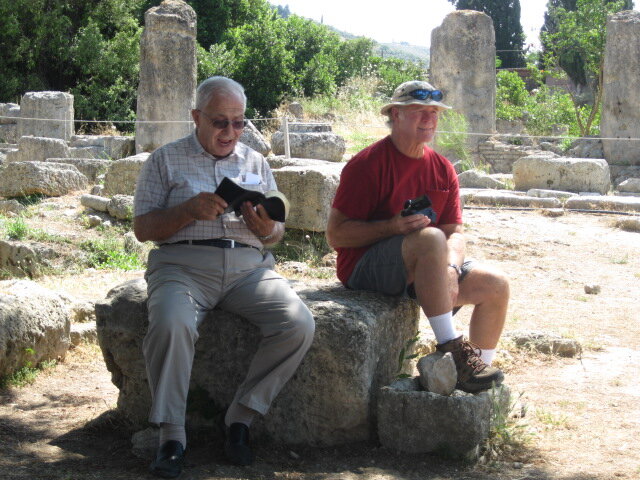
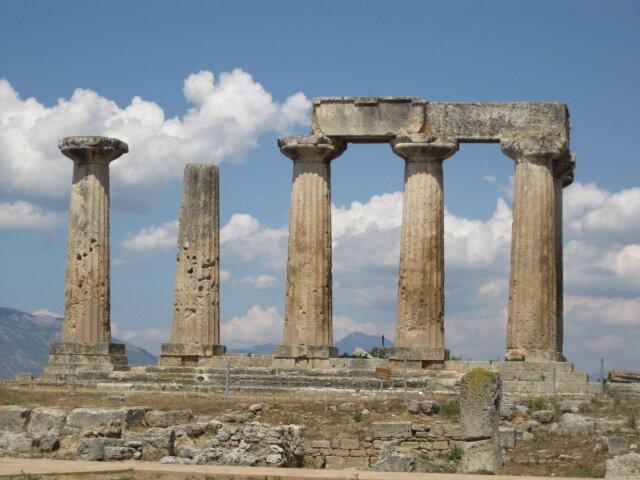
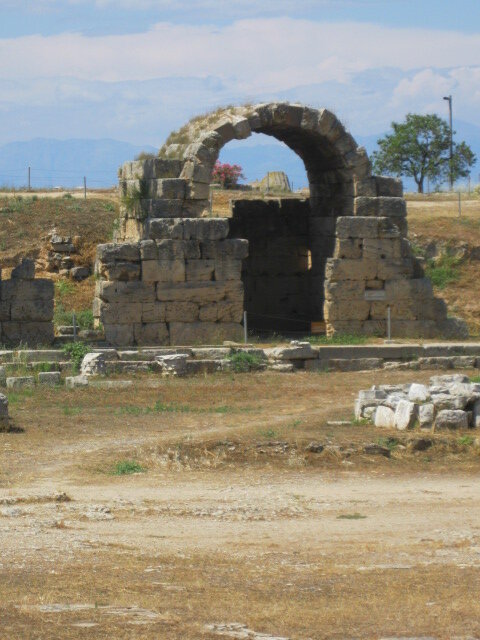
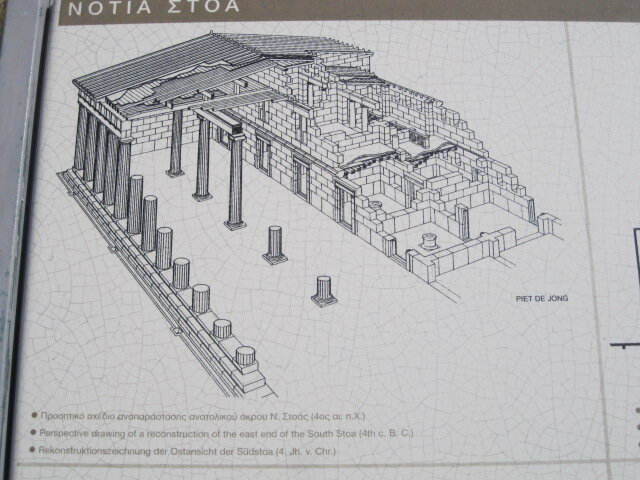
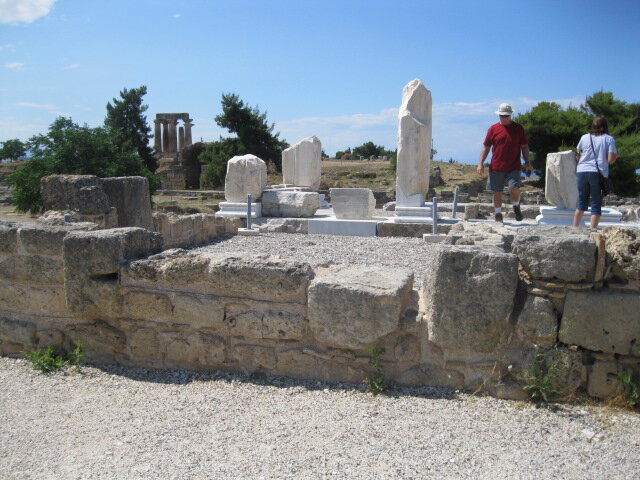
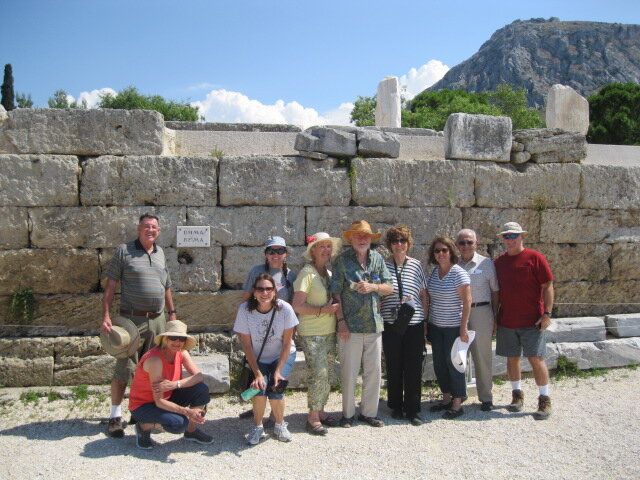
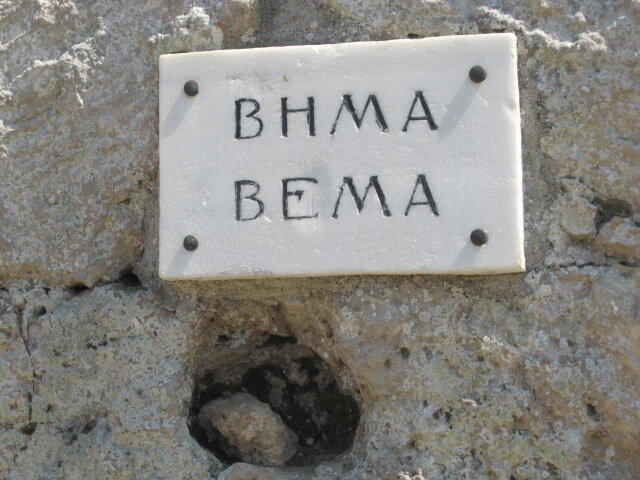
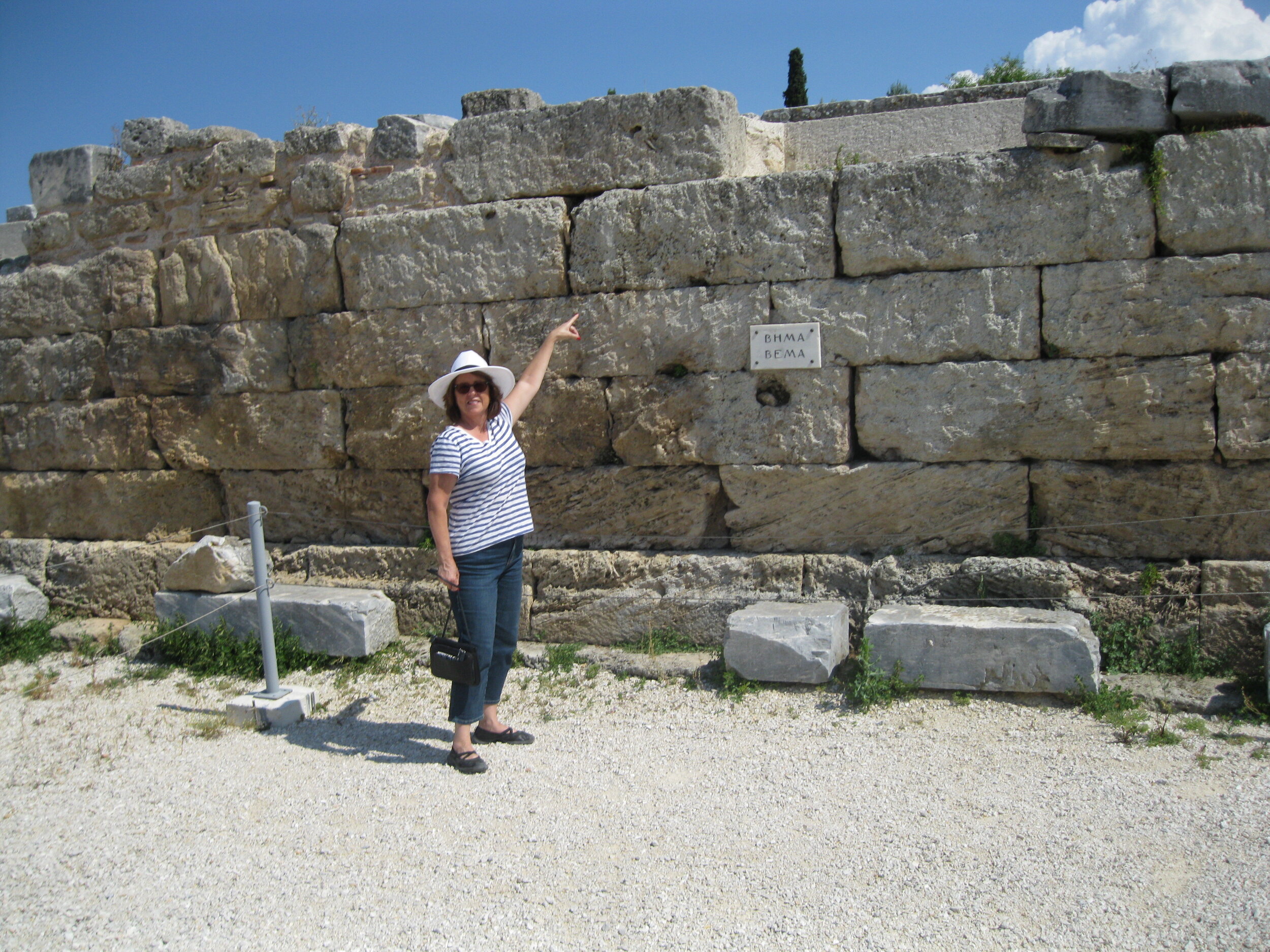
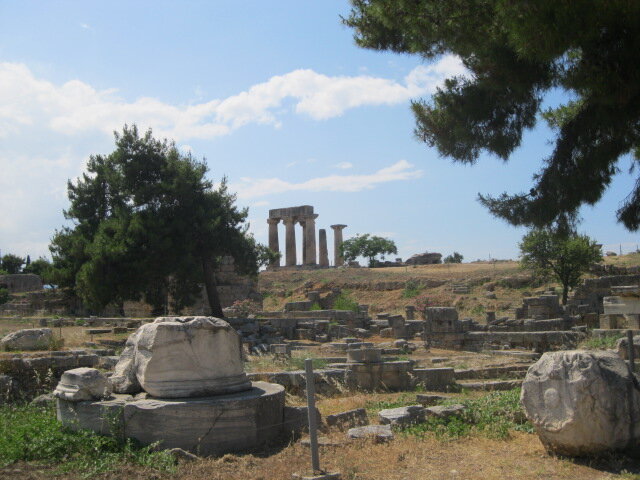
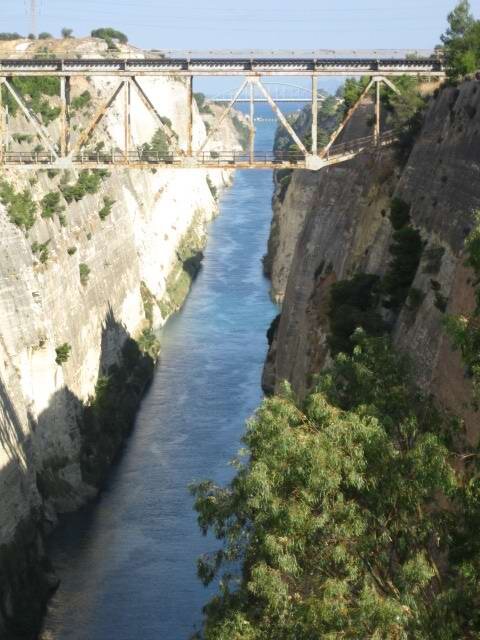
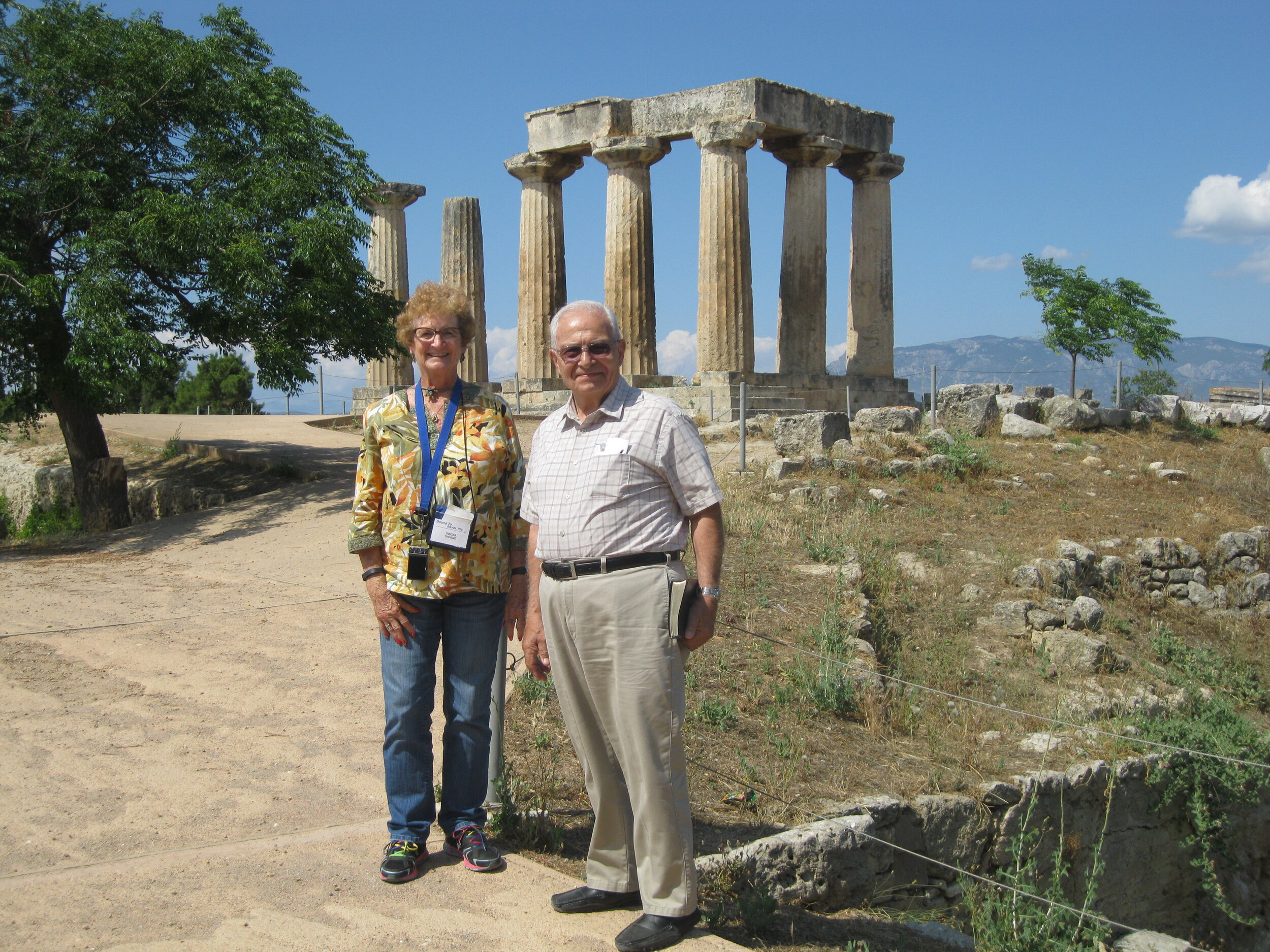
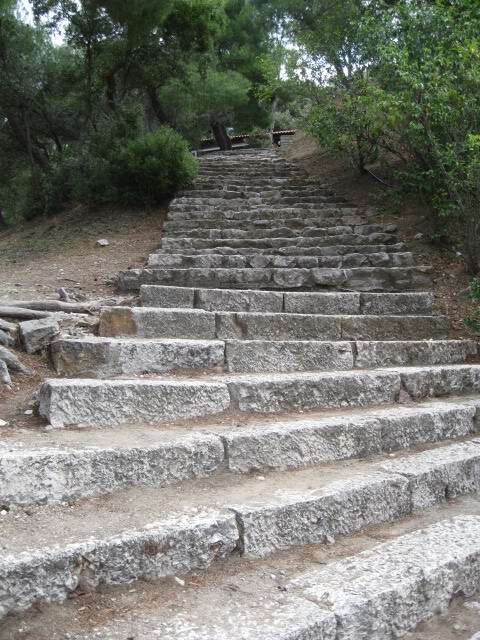
Paul first visited the city in AD 49 or 50, when Gallio, was proconsul of Achaia. Paul lived here for eighteen months (see Acts 18:1–18). In Corinth he first became acquainted with Priscilla and Aquila with whom he later traveled. They worked here together as tentmakers (from which is derived the modern Christian concept of tentmaking), and regularly attended the synagogue. In AD 51/52, Gallio presided over the trial of Paul in Corinth. This event provides a secure date for the book of Acts within the Bible. Silas and Timothy rejoined Paul here, having last seen him in Berea (Acts 18:5). Acts 18:6 suggests that Jewish refusal to accept his preaching here led Paul to decide he would no longer speak in the synagogues where he traveled: From now on I will go to the Gentiles. However, on his arrival in Ephesus (Acts 18:19), the narrative records that Paul went to the synagogue to preach.
Some of the books to the Corinthians were unaccounted for. There may have been as many as four and scholars believe that Paul visited Corinth for an intermediate "painful visit" (see 2 Corinthians 2:1) between 1 & 2 Corinthians, mentioning a book that has not been found. After writing 2 Corinthians, he stayed in Corinth for about three months in the late winter, and it was from there that he wrote to the Romans.
The Bema Seat
Excavations on the southern edge of the forum have uncovered the marble-faced bema (judgment seat) on which Paul stood to address the Roman proconsul Gallio (Acts 18:12). The bema was a speaker’s platform on which the judge sat or stood for the trial of one against whom an accusation had been made. Paul was acting contrary to Roman law (for Jewish law had no standing with Gallio). These Jews had to show that Paul was making converts in ways that violated the Roman regulations on that subject. The accusation as made did not show it nor did they produce any evidence to do it.
The Bema is above where our group is standing.
A photo of the Beam is pictured to the right. Let’s picture what was happening here as I read Acts 18:12-17: But while Gallio was proconsul of Achaia, the Jews with one accord rose up against Paul and brought him before the judgment seat, saying, “This man persuades men to worship God contrary to the law.” But when Paul was about to open his mouth, Gallio said to the Jews, “If it were a matter of wrong or of vicious crime, O Jews, it would be reasonable for me to put up with you; but if there are questions about words and names and your own law, look after it yourselves; I am unwilling to be a judge of these matters.” And he drove them away from the judgment seat. And they all took hold of Sosthenes, the leader of the synagogue, and began beating him in front of the judgment seat. But Gallio was not concerned about any of these things.
Shortly after this, Paul left with Priscilla and Aquila by sea, headed for Syria.
To learn more about our Israel/Petra or Israel/Greece tours, please click here.
To receive our newsletter, please click here.
To partner with us, click here for our donation options.

